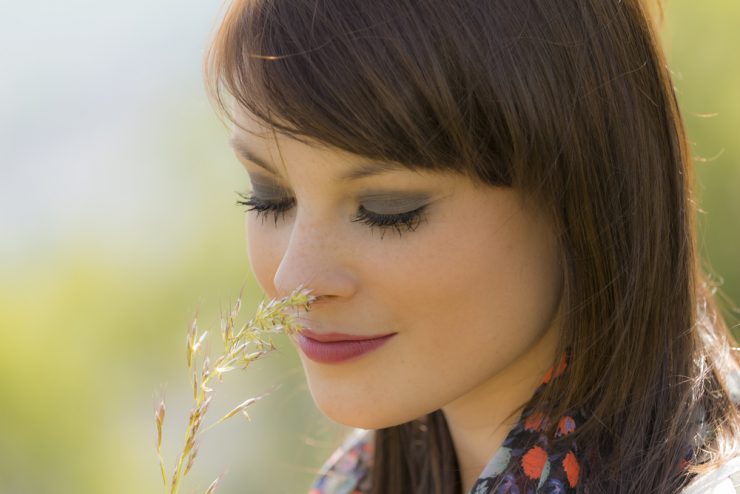“I suffer from hay fever, which normally starts during the spring. However, I’ve recently started sneezing and have the tell-tale itchy eyes so I’m wondering if symptoms are happening earlier this year?”
Clinical nutritionist Suzie Sawyer answers:
It is still quite early in the season for hay fever symptoms to occur – they normally start in early April. However, certain weather conditions can encourage symptoms sooner. And if you’re generally allergenic, you can develop allergies or sensitivities to other things such as foods, dust or moulds.
The key to coping with allergies is to try to prevent as many of the unpleasant symptoms as possible. You should take a supplement of 2,000 mg daily of vitamin C, which is a natural anti-histamine.
Quercetin, found in apples, onions, peppers, berry fruits and green leafy vegetables, works in the same way as vitamin C and can effectively prevent or suppress symptoms. It’s better to take a quercetin supplement for a few months (if you can find one containing bromelain, even better) as well as including these foods in your diet on a regular basis.
If your eyes are especially itchy and sore, lying down quietly with some cucumber slices placed over them can be really soothing. The herb, devil’s claw, is also a great anti-inflammatory and may help.
Generally, you should try to avoid foods containing artificial sweeteners, or additives, particularly monosodium glutamate. People often have hidden allergies to certain foods, so freshly cooked dishes, flavoured with spices such as ginger and other herbs, can help dampen down any inflammation in the body, which in turn will ease symptoms.























